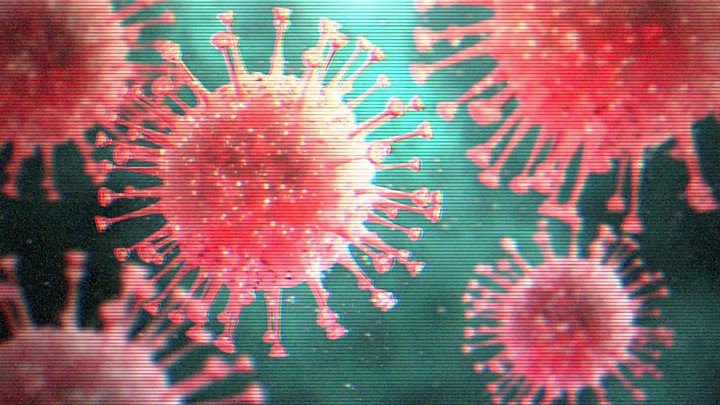How are coronavirus patients treated?
People confirmed to have the new coronavirus are being admitted to hospital – but what kind of treatment are they getting there and how effective is it?
The virus is known to have killed 132 people in China and has spread to 16 other countries. Like the Sars and influenza viruses, it appears to pose a particular risk for elderly people and those with pre-existing illnesses.
There is no cure for coronavirus, in the same way that there is no cure for the common cold.
Instead, those admitted to hospital are given treatment for their symptoms while their immune systems try to fight the virus off.
What happens in hospital?
Hospitalisation also serves to isolate patients and stop the virus spreading, says Prof Jonathan Ball, a virologist at the University of Nottingham.
In severe cases, the virus can cause pneumonia – an inflammation of the lungs. In those cases breathing may need to be supported, Prof Ball says. Patients are given oxygen and in the most severe cases they may be put on a ventilator. About one in four cases are thought to be severe.
“If a patient has respiratory symptoms they support breathing. If it is pressure on organs they would try to support the body in alleviating that pressure,” says Prof Ball.
In milder cases, patients struggling to maintain blood pressure can be given an intravenous drip. Fluids can also be given in cases of diarrhoea, and ibuprofen is also available for pain relief.
Could HIV drugs help?
Although no vaccine for the coronavirus currently exists, tests are under way in China to see whether two antiviral drugs used to treat HIV – lopinavir and ritonavir – could also be effective against the new coronavirus.
These drugs were shown to help fight the Sars virus in 2003, after evidence emerged that HIV patients who were using the drugs and who also had Sars had better outcomes.
The hope is that Sars and the new coronavirus are similar enough for the drugs to have an impact, Prof Ball says.
“If there are early signs it might work, it might get used on a compassionate basis – in severe cases – because the drugs haven’t been approved for that use.”
What about the search for a vaccine?
The race is on to develop a vaccine but, realistically, it could be years away.
Despite research into Sars and Mers – which appeared in 2003 and 2012 respectively – there are still no vaccines for them.
Any vaccine would first need to be proven effective and safe in animals and then again in humans before being licensed, Prof Ball says.
Before being given to anyone, it would need to be approved by the World Health Organization – unless it was used on a compassionate basis.
“In theory there could be a vaccine in a year or two but definitely not in the next six months,” Prof Ball says.
Learn more about the new virus
Source: Read Full Article




